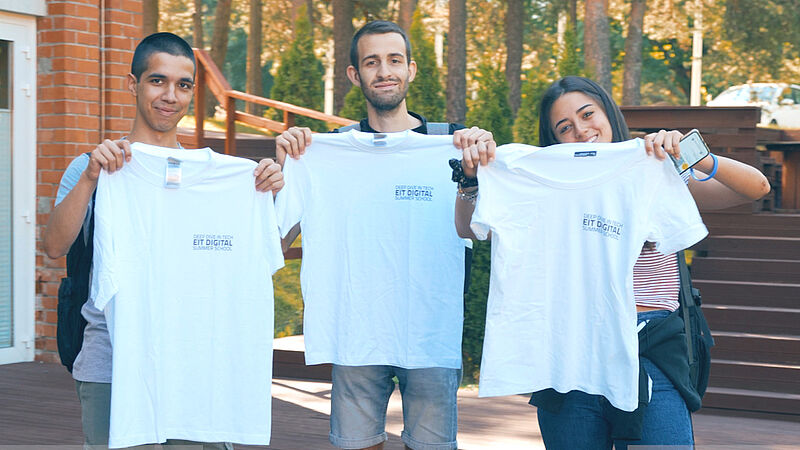Summer School Designed for Success
Join the brightest minds and learn how to develop tech business ideas that can get off the ground!
Our Summer School programmes are open for bachelor and master students, young professionals, and others who want to deep-dive into emerging digital technologies, learn how to turn technology into business, and eventually launch deep-tech startups. Any educational background is welcome.
Learn from the faculty of our top tech EU partner universities and receive your Certificate of Completion. Gain hands-on experience through company cases, project work and collaboration. Have fun meeting and networking with like-minded students from around the world!
One Week Programmes
Two Weeks Programmes
Admission and Costs
To qualify for admission, you need to submit a completed application form and fulfil the admission requirements.
Participants from EIT Digital Partners and EIT Digital Alumni are entitled to a 50% tuition waiver. Please note that the number is limited.






